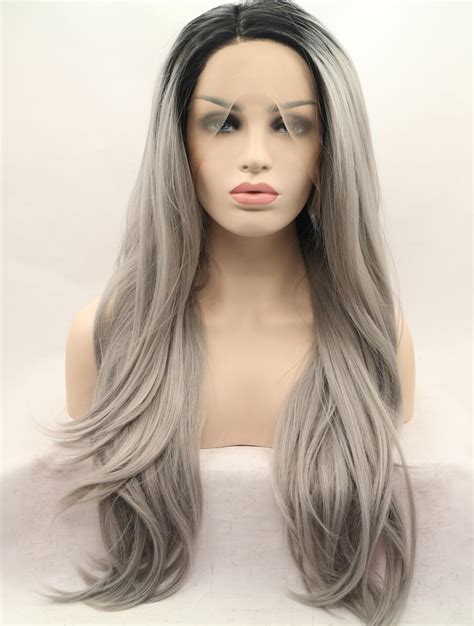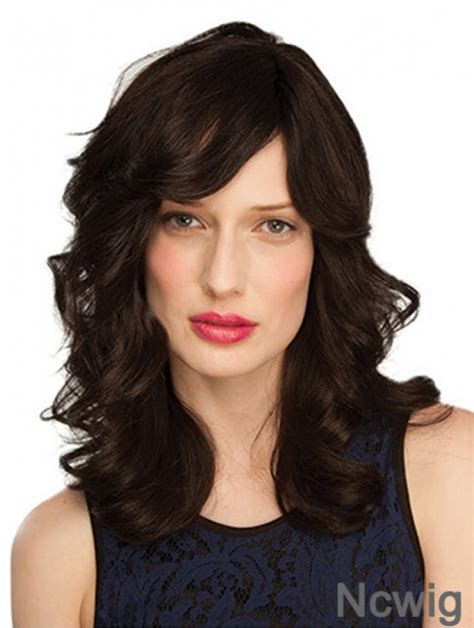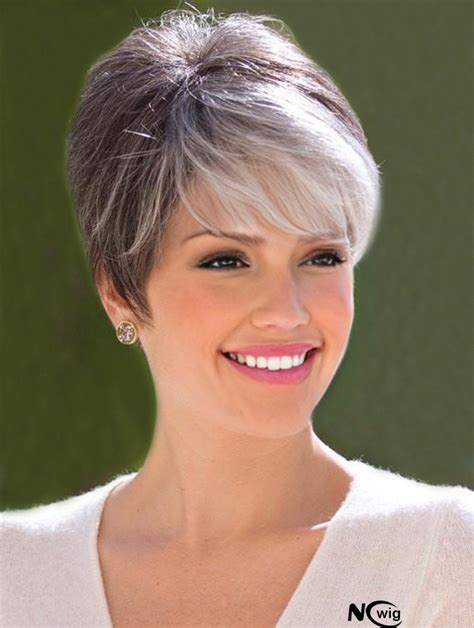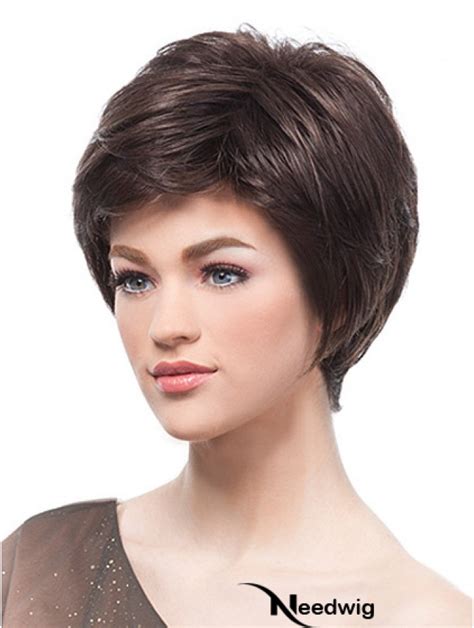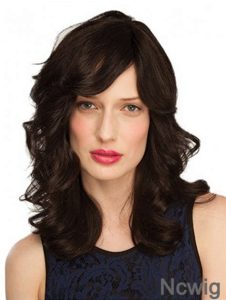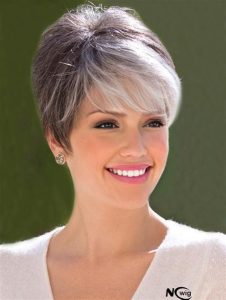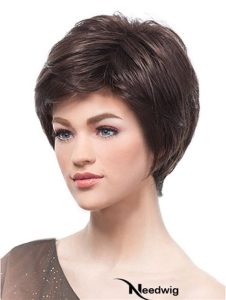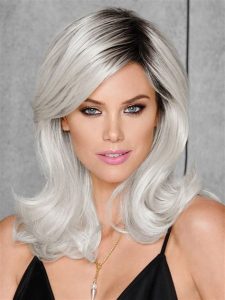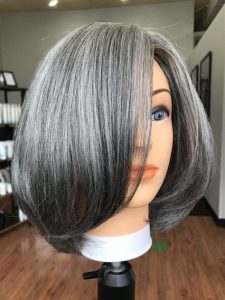2025 Long Hair Wigs vs. Lace Front Layered Wigs: Synthetic Straight Wigs for the Ultimate Hair Transformation
Introduction

In the realm of hair fashion, wigs have emerged as a versatile and transformative tool, empowering individuals to experiment with various styles, colors, and lengths. Among the multitude of wig options available, long hair wigs, lace front layered wigs, and synthetic straight wigs stand out as highly sought-after choices due to their versatility, comfort, and affordability. This comprehensive guide will delve into the intricacies of these three types of wigs, comparing their key features, benefits, and potential drawbacks.
1. Long Hair Wigs: The Epitome of Length and Volume
Long hair wigs epitomize the allure of voluminous, cascading locks that can effortlessly elevate any look. These wigs are available in various lengths, from shoulder-grazing to waist-length, catering to diverse preferences and hairstyles.
Benefits:
- Dramatic Transformation: Long hair wigs instantly transform your appearance, adding significant length and volume to your natural hair.
- Versatile Styling: The ample length of these wigs allows for endless styling possibilities, from elegant buns to playful braids.
- Confidence Boost: Wearing a long hair wig can boost confidence and self-esteem, especially for individuals with shorter or thinner hair.
Drawbacks:
- Heavier Weight: Long hair wigs tend to be heavier than shorter wigs, which can cause discomfort during prolonged wear.
- Tangle-Prone: Maintaining long hair wigs requires regular brushing and detangling to prevent tangles and matting.
- Higher Maintenance: Long hair wigs require more time and effort to style and maintain compared to shorter wigs.
2. Lace Front Layered Wigs: Natural-Looking Transition
Lace front layered wigs combine the sophistication of lace front construction with the flattering effect of layered haircuts. These wigs feature a thin, transparent lace front that seamlessly blends with the hairline, creating a natural-looking transition.
Benefits:
- Natural Appearance: The lace front construction mimics the natural growth of hair, resulting in a realistic and undetectable hairline.
- Dimensional Effect: The layered design adds depth and dimension to the wig, creating the illusion of natural movement and volume.
- Versatile Styling: Lace front layered wigs can be styled in various ways, from sleek updos to playful curls.
Drawbacks:
- Higher Price: Lace front layered wigs tend to be more expensive than other types of wigs due to the intricate construction.
- Requires Professional Installation: The delicate lace front requires professional installation to ensure a secure and natural fit.
- More Fragile: The lace front is more fragile than other wig materials, requiring careful handling to prevent tearing or damage.
3. Synthetic Straight Wigs: Affordable and Low-Maintenance
Synthetic straight wigs offer a cost-effective and low-maintenance alternative to human hair wigs. They are made from synthetic fibers that are designed to mimic the texture and appearance of natural hair.
Benefits:
- Affordable: Synthetic straight wigs are significantly more affordable than human hair wigs, making them a great option for budget-conscious individuals.
- Low-Maintenance: Synthetic wigs do not require extensive styling and can be easily maintained with regular brushing and occasional washing.
- Heat-Resistant: Most synthetic straight wigs are heat-resistant, allowing for styling with heat tools without damaging the fibers.
Drawbacks:
- Less Natural Appearance: While synthetic fibers have improved significantly, they may not have the same natural-looking texture and shine as human hair wigs.
- Shorter Lifespan: Synthetic wigs typically have a shorter lifespan than human hair wigs, lasting around 6-12 months with proper care.
- Can Be Tangle-Prone: Synthetic fibers can be prone to tangling, especially if not brushed regularly.
The Ultimate Showdown:
| Feature | Long Hair Wigs | Lace Front Layered Wigs | Synthetic Straight Wigs |
|---|---|---|---|
| Length | Long to waist-length | Shoulder-length to long | Short to long |
| Construction | Cap with hair strands sewn on | Lace front with hair strands sewn on | Synthetic fibers woven or sewn onto a cap |
| Appearance | Volume and length | Natural-looking hairline and layered effect | Affordable and low-maintenance |
| Styling Versatility | Versatile styling options | Versatile styling options | Limited styling options |
| Maintenance | High maintenance | High maintenance | Low maintenance |
| Cost | Moderate to high | High | Affordable |
Conclusion
The choice between long hair wigs, lace front layered wigs, and synthetic straight wigs ultimately depends on your individual needs and preferences. Long hair wigs offer dramatic length and volume, while lace front layered wigs provide a natural-looking transition. Synthetic straight wigs, on the other hand, are affordable and low-maintenance.
By carefully considering the benefits and drawbacks of each type, you can make an informed decision and select the perfect wig to elevate your hair game and achieve your desired transformation. Embrace the world of wigs with confidence and experiment with different styles, colors, and lengths until you find the one that truly resonates with your personality and empowers you to express yourself fully.
